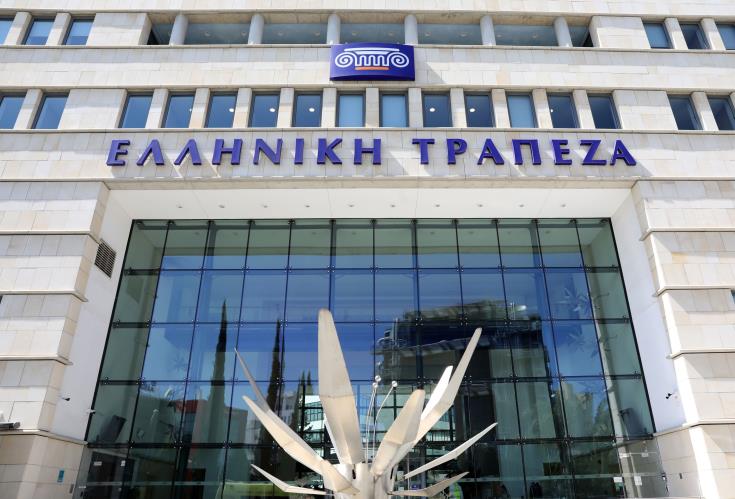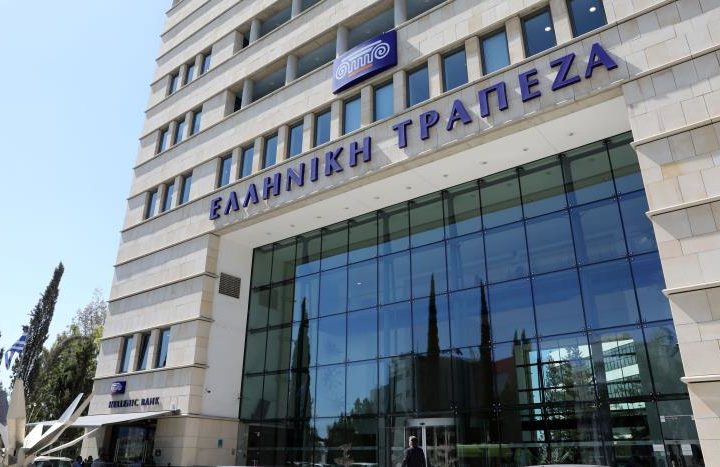Capital Intelligence Ratings has upgraded Hellenic Bank’s ratings, but revised the outlook from ‘positive’ to ‘stable’, based on a strong capitalisation, the ability to absorb future shocks and the synergies expected from its takeover by Eurobank SA of Greece.
The upgrade is also supported by stronger profitability, high liquidity, and a stable, diversified funding base in HB’s domestic market.
The rating agency said that although under normal conditions Eurobank would be expected to support HB, under a stress situation sufficient and timely parental financial support is uncertain given Eurobank’s own balance sheet constraints.
Nonetheless, the acquisition by Eurobank is seen as strategically positive for HB given the expected synergies, particularly between the two Cyprus-based banks.
Eurobank Cyprus’ corporate banking operations are complimentary to HB’s predominately retail banking franchise.
“We therefore anticipate the planned merger to produce a more diversified balance sheet and earnings profile, and help address strategic challenges previously faced on a standalone basis,” CI Ratings said.
Hellenic Bank’s long-term foreign currency rating (LT FCR) were raised from ‘BB’ to ‘BBB-’ and its short-term foreign currency rating (ST FCR) to ‘A3’ (from ‘B’). At the same time, CI Ratings has upgraded HB’s bank standalone rating (BSR) to ‘bbb-’ from ‘bb’ and raised its core financial strength (CFS) rating to ‘bbb’ from ‘bb+’. The outlook for both the LT FCR and BSR is revised to ‘stable’ from ‘positive’.
The bank’s operating environment risk anchor (OPERA) indicates moderate risk, as the economic performance in Cyprus remained positive in 2024, reflecting robust growth in the economy’s main sectors.
CI expects that despite persistent external adversities, the economy will continue to perform well in the 2024-26 period, benefitting from rising domestic demand and continued investment in numerous economic activities, supported in part by Recovery and Resilience Facility (RRF) funding and foreign private capital inflows.
Prudent credit risk management and remedial measures in recent years to deal with legacy problem loans through NPL sales have resulted in substantially reduced non-performing loans at HB.
As of Q3 2024, the bank’s headline NPL ratio stood at 6.7%, but this would decline to 2.4% if adjusted for loans covered by government guarantees, arising from the takeover of the ‘good bank’ operations of the Cooperative Central Bank in 2018, while the ‘bad bank’ with €7.5 bln in debt was carried by the government.
At 46%, headline loan-loss reserve (LLR) coverage for NPLs is low, but it rises to 74% when excluding government guaranteed NPLs. The bank’s management has indicated that NPL accretions on loans granted since 2018 are well under 0.5% of the total.
Non-loan asset quality is good as it mainly comprises placements with the European Central Bank (ECB) and a portfolio of highly rated investment securities (on average rated in the AA range) which together make up two thirds of the bank’s balance sheet.
“We expect overall asset quality to remain stable post-merger given Eurobank Cyprus’ sound risk profile,” the rating agency added.
Capitalisation metrics are strong, as improved profitability and low dividend payouts have meant strong internal capital generation.
Meanwhile, higher capitalisation in combination with the decline in the volume of NPLs has improved the bank’s extended NPL coverage; this offsets the modest LLR coverage ratio. Capitalisation is anticipated to remain strong after the planned merger in view of Eurobank Cyprus good capital ratios.
“Looking ahead, we anticipate the quality of the funding base of the combined entity to remain good, despite Eurobank Cyprus having a much smaller proportion of retail deposits.”
Profitability and efficiency ratios have strengthened, but currently the quality of earnings is moderate. Income generation exhibits high reliance on interest sensitive placements with central banks, while the bank’s portfolio of (higher yielding) loans is relatively small (both as a result of deleveraging and slower new loan origination).
Similarly, non-interest income is modest, though we anticipate this to improve following HB’s acquisition of one of the largest life and general insurance companies in Cyprus, expected to be completed in Q1 2025.








